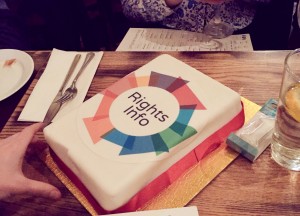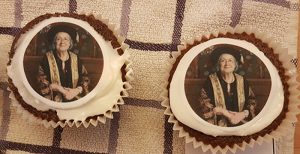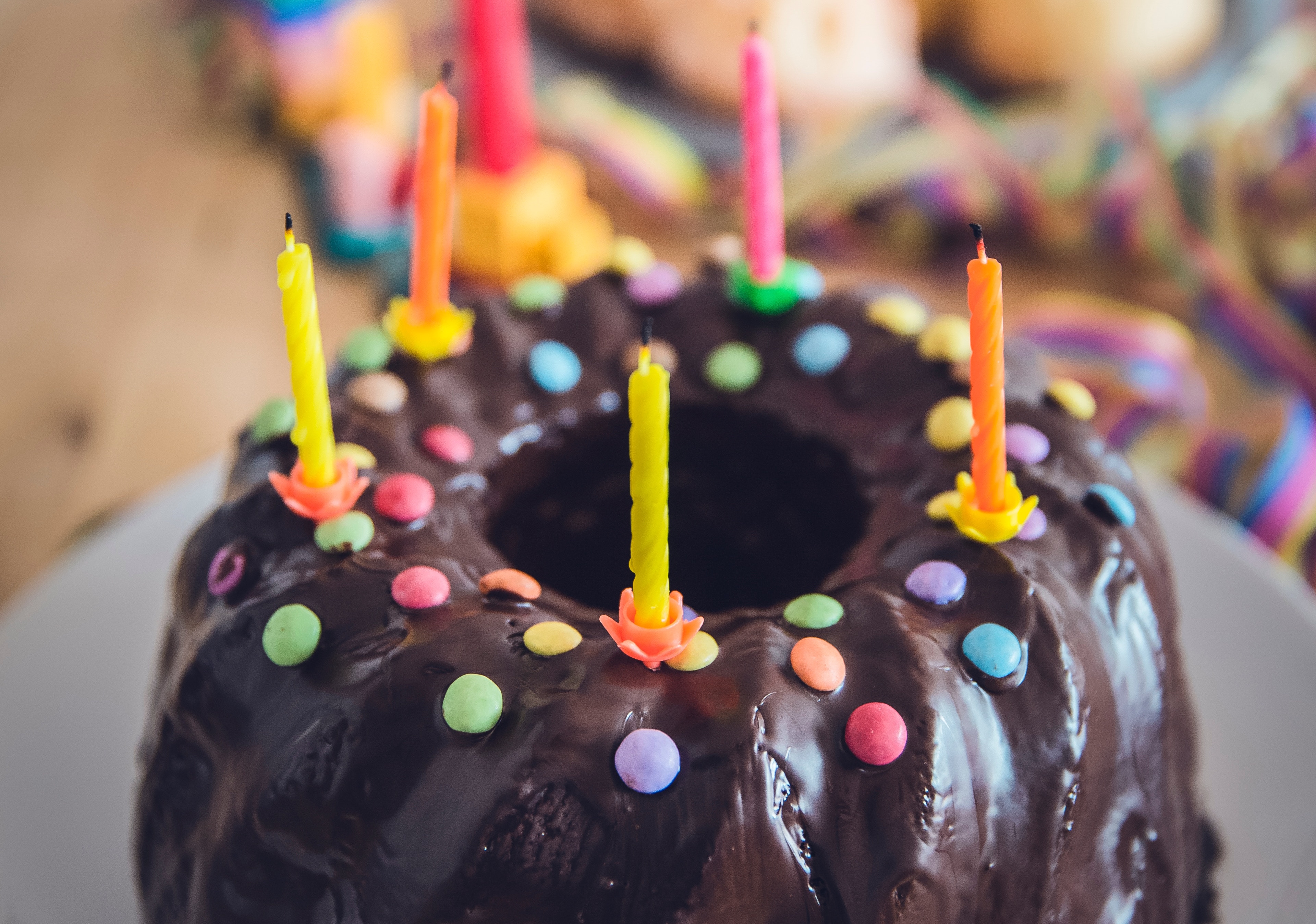Unfortunately, there’s no human right to cake. But cake and human rights do have more in common than you would expect. Here are just five examples.
1. Wedding Cake

Stock Image Credit: Skeeze / Pixabay
The very elaborate cake in this case was cut at midnight. A paparazzo crashed Michael Douglas’s wedding to Catherine Zeta-Jones and took 15 photos, including one in which she playfully holds up a cake knife at her husband and three showing parts of the wedding cake.
The paparazzo then sold them to Hello! magazine. The judge awarded the newlyweds damages under the law of confidence, having balanced it against the magazine’s freedom of expression. The Court of Appeal agreed with the judge for the most part.
This case was a significant, if controversial, development towards an effective right to privacy in English law.
2. RightsInfo Cake

Image credit: RightsInfo
Your favourite human rights website had a special cake baked for its first birthday. Since it was created, RightsInfo has won an ‘Impact’ award at the Smart Screen Creative Awards, the Plain English Communicator Award from the Plain English Campaign and a UK Blog Award.
We’re turning three very soon, so we hope there will be more cake and awards ahead.
3. Baroness Hale Cakes

Image Credit: Oxford Human Rights Hub/ Legal Cheek
There are many human rights aspects to these cupcakes. First, they were made for the Great Legal Bake 2018, which raises vital funds for free legal advice. Access to justice is an essential element of the right to a fair trial (protected by Article 6 of the Human Rights Convention). You can’t enforce any of your other rights if you don’t have this one. So making free legal advice available to everyone is critical.
Second, the cakes were made by the Oxford Human Rights Hub, which aims to bring together academics, practitioners, and policy-makers from across the globe to advance the understanding and protection of human rights and equality.
Third, Baroness Hale, the first female President of the UK Supreme Court, has made an incredible contribution to the progress of human rights and equality in the UK.
4. Gay Cake

Image credit: Annie Spratt / Unsplash
This case isn’t so much about a cake, but about its absence. The owners of a bakery in Northern Ireland refused to bake a cake for Mr Lee, a gay man associated with an organisation called QueerSpace. The cake was to mark the end of “Northern Ireland Anti-Homophobic Week” and Mr Lee wanted a picture of Bert and Ernie (the logo for QueerSpace) with the headline caption “Support Gay Marriage”.
The owners’ refusal was based on their opposition to same-sex marriage, which they believed was contrary to God’s law. The judge found that the owners directly discriminated against Mr Lee and the Court of Appeal agreed.
The bakery owners’ appeal to the Supreme Court is due to be heard this April and involves issues around the bakery owners’ rights to freedom of religion (Article 9 of the Human Rights Convention) as against Mr Lee’s right to non-discrimination (Article 14 of the Human Rights Convention).
I strongly believe that the experience of watching a case in person should not be limited to those within easy reach of London.
Baroness Hale
But there’s yet another cake-related human rights point. The appeal is going to be heard in Northern Ireland, the first time an appeal before the Supreme Court has been heard there. This means there’s another aspect of the right to a fair trial involved. The principle of open justice requires that justice not only be done, but be seen to be done.
Although Northern Ireland residents can already see Supreme Court proceedings online, this will be the first time they can see justice be done in person in Northern Ireland. Baroness Hale announced that “My colleagues and I strongly believe that the experience of watching a case in person should not be limited to those within easy reach of London.”
5. Human Rights Act Cake

Image credit: Annie Spratt/Unsplash
The Human Rights Act received Royal Assent (the final step to turn a bill into law) on 9 November 1998. So this year, we get to celebrate its 20th anniversary and all the fantastic things the Act has done for ordinary people.
RightsInfo has covered so many of these and it’s hard to single out only a few. But here are just some of the greatest things the Act has done: returned Steven Neary home; required hospitals to protect individuals whose lives are under threat (including from themselves); held local authorities liable for failing to protect neglected children; and required serious and thorough investigation of sexual offences.







